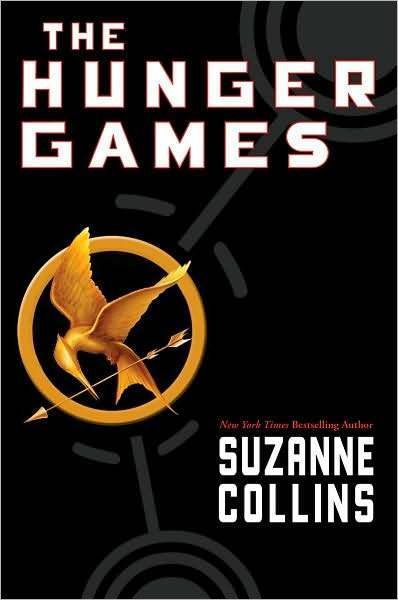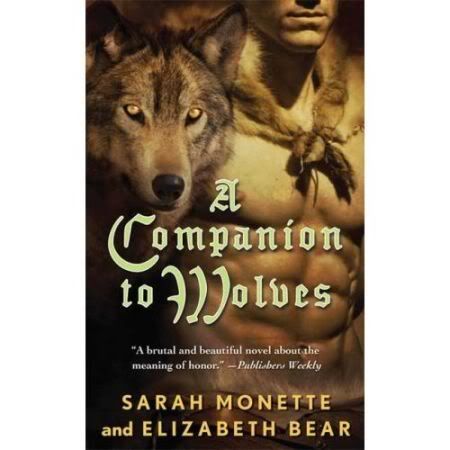Summary (from inside cover flap):
In the ruins of a place known as North America lies the nation of Panem, a shining Capitol surrounded by twelve outlying districts. The Capitol is harsh and cruel and keeps the districts in line by forcing them all to send one boy and one girl between the ages of twelve and eighteen to participate in the annual Hunger Games, a fight to the death on live TV.
Sixteen-year-old Katniss Everdeen, who lives alone with her mother and younger sister, regards it as a death sentence when she steps forward to take her sister's place in the Games. But Katniss has been close to death before - and survival, for her, is second nature. Without really meaning to, she becomes a contender. But if she is to win, she will have to start making choices that weigh survival against humanity and life against love.
My Thoughts (Spoiler avoidant so carry on)
I seem to be on some sort of good book reading streak lately. First A Companion to Wolves and now this? The Lord of Bookworms smiles upon me.
I first got interested in reading The Hunger Games because I saw number of book blogs I follow lauding it and it got nominated for the Cybils. (And won! I just checked) I'd like to say all the praise is wholly deserved. The Hunger Games is interesting the way most dystopic novels are interesting; it makes the reader to stop and think and really think about an issue they normally wouldn't it. In this case it's about staying human in the middle of war.
A few weeks back I read The No-Nonsense Guide to Human Rights by Olivia Ball and Paul Gready and I've been framing alot of what I read in human rights ideas since. In The Hunger Games the rights of the characters are being completely violated. Katniss is being forced to ask herself how far she will go to survive and consequently, so is the reader. She manages to stay human inspite of her circumstances but there are others who don't (Cado would be a prime example). The horror is amped up by the fact that she's sixteen. I was thinking right away, she's younger than me! Kids shouldn't have to make those kind of choices!
But she does. And they do. The Hunger Games is fiction and a little bit of a political satire but there are children caught up in wars all around the world. Off the top of my head I can think of one: the civil war raging across Sri Lanka right now. There's a quarter million civilians caught in the crossfire and none of them chose to be there. Just like Katniss didn't.
The Hunger Games works on a number of levels. The plot is totally absorbing - I started last night, kept reading until I went to bed, woke up this morning and kept going until I was done. Didn't even pause for breakfast, I only went down to eat when my brother told me my mom bought us Tim Hortons muffins after I started this review. The characters are great - I'm going to remember Katniss for a long while and I could certainly sympathize with Peeta (and Haymitch! He and Katniss are so much more alike than she is ever going to admit. I'd love to know how he managed to win the Hunger Games in his time). And as I touched on earlier, it explores one very compelling moral quandary. I recommend it wholeheartedly.
If you liked this try: Epic by Conor Kostick, Battle Royale by by Koushun Takami and Masayuki Taguchi, Warchild by Karin Lowachee, Ender's Game by Orson Scott Card.
I recommend this book for: Dystopia fans, action movie buffs, and as ever, those inclined to read good books.
Rating: A

